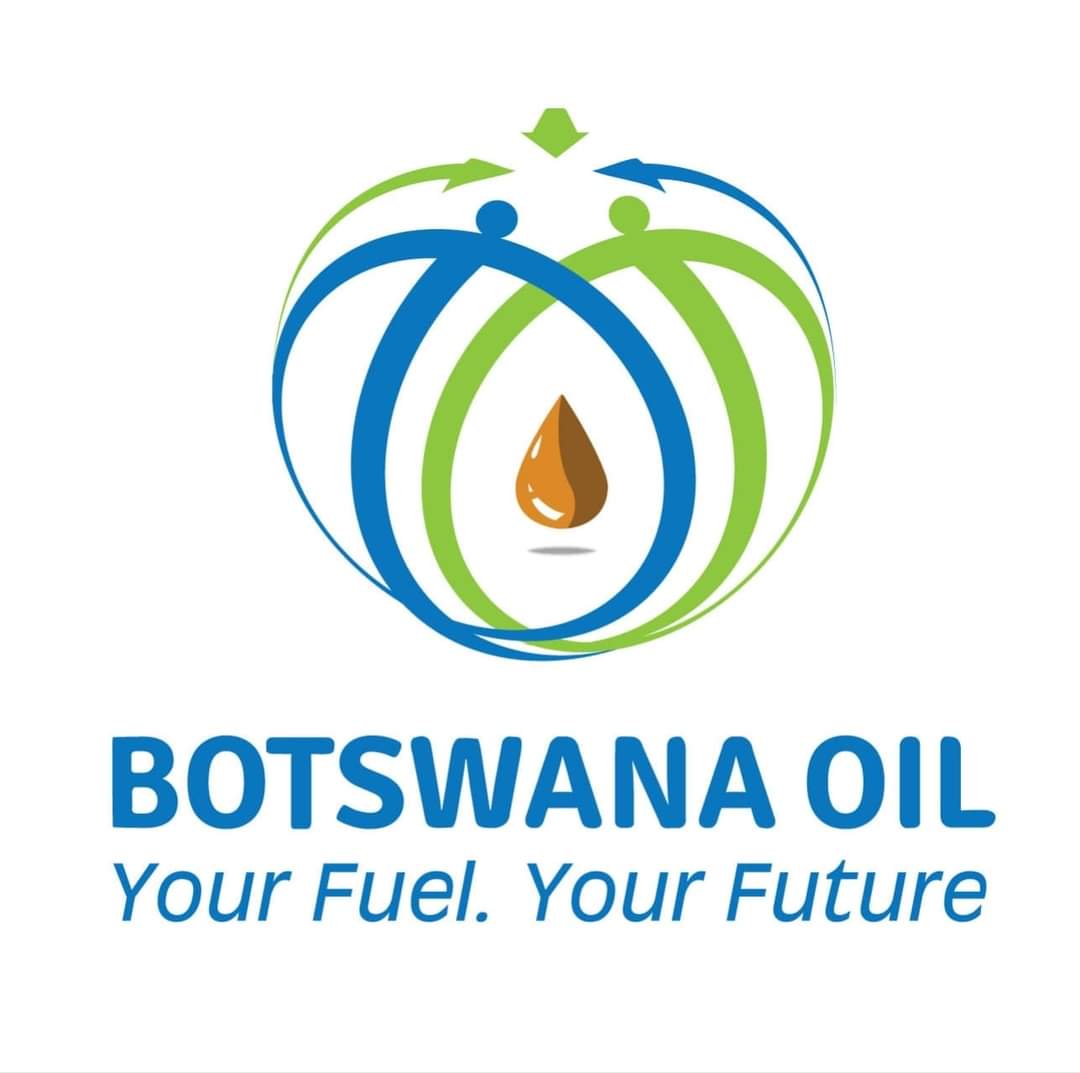Botswana Oil is pivotal in securing the nation’s fuel supply, holding a 90% import mandate for fuels. This responsibility ensures the availability and stability of fuel in Botswana, a critical aspect of the country’s economic and social framework. Given the importance of this mandate, it’s essential to evaluate its objectives, the specific products handled, and future plans to ensure continued stability in fuel availability.
The primary objective of Botswana Oil’s 90% import mandate is to guarantee a reliable fuel supply to meet the country’s energy demands. This involves maintaining sufficient fuel reserves to prevent shortages and stabilize prices. By controlling the majority of fuel imports, Botswana Oil can effectively manage supply chains and ensure that fluctuations in the global oil market have minimal impact on local supply and pricing.
Additionally, the mandate aims to support Botswana’s energy security by reducing dependence on external factors and fostering the development of local infrastructure and storage capacity. This strategic control also enables Botswana to negotiate better terms with international suppliers, ensuring competitive pricing and reducing the risk of sudden price spikes.
Botswana Oil handles a range of petroleum products, including gasoline, diesel, jet fuel, and liquefied petroleum gas (LPG). These fuels are essential for various sectors, from transportation and industry to household energy use. By managing these products, Botswana Oil ensures that all sectors have access to the energy they require to function efficiently.
Botswana Oil’s 90% import mandate significantly impacts fuel stability and pricing in the country. By maintaining a substantial portion of the market, Botswana Oil can stabilize supply levels and mitigate the effects of international market volatility on local prices. This control helps to protect consumers and businesses from abrupt price increases that could disrupt economic activity.
Moreover, Botswana Oil’s involvement in price negotiations with suppliers allows for more favorable pricing structures, which can be passed on to consumers. The ability to maintain steady fuel prices is crucial for economic planning and stability, particularly in sectors heavily reliant on fuel.
To mitigate potential supply disruptions, Botswana Oil has implemented several measures. These include diversifying supply sources to reduce reliance on any single supplier or region, thereby minimizing the risk of supply chain interruptions. Additionally, Botswana Oil invests in infrastructure improvements, such as expanding storage facilities and enhancing distribution networks, to increase the resilience of the fuel supply chain.
Botswana Oil also collaborates with government agencies and stakeholders to develop policies and strategies that ensure long-term energy security. This includes contingency planning for emergencies and fostering regional cooperation to strengthen supply chain resilience.
Looking ahead, Botswana Oil aims to further enhance fuel security through investments in infrastructure and technology. This includes expanding storage capacities and exploring renewable energy sources as part of a broader strategy to diversify Botswana’s energy mix. Such initiatives will not only ensure stable fuel availability but also contribute to the country’s sustainability goals.
Botswana Oil’s 90% import mandate plays a critical role in securing the nation’s fuel supply and stabilizing prices. By strategically managing fuel imports and implementing measures to mitigate disruptions, Botswana Oil ensures that Botswana remains resilient in the face of global energy challenges. Through continued investment and collaboration, Botswana Oil is well-positioned to support the country’s energy needs now and in the future.










